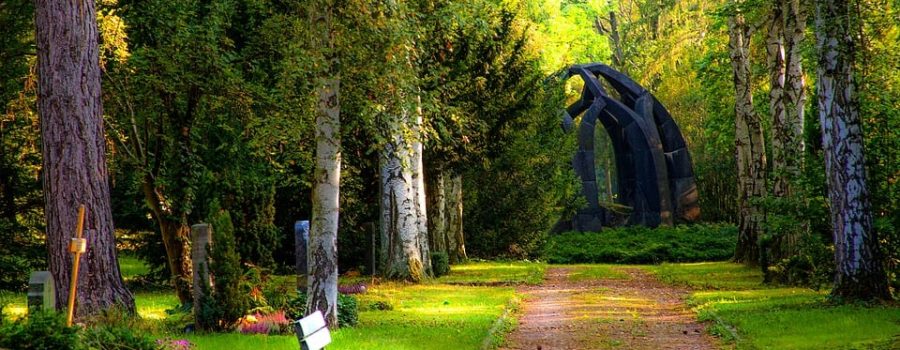Death is an increasingly expensive business.
According to some new research, the cost of an average funeral in the UK has risen by 4.7% in the past year alone.
That beats price inflation of 2.9%, making the cost of dying rise faster than increases to the cost of living.
According to SunLife’s Cost of Dying report, the average cost of a funeral in the UK now sits at £4,078.
And that’s before you add in other necessary funeral-related expenses, such as the send-off (an average of £1,928) and hiring a professional (£2,899).
Add these to the funeral costs and you face a total bill close to £10,000.
Funeral costs tend to rise more quickly than price inflation over longer periods of time too.
Looking back over the past decade, funeral costs have risen by more than 70%.
That’s more than three and a half times the increase in house prices and petrol prices.
To put such a large price rise over the past decade in context, if the same increase was applied to house prices, the average house would cost almost £100,000 more than it does today!
And if funerals continue to rise in price at the same rate, in five years time the average will be approaching £5,000, from their current level of just over £4,000.
As has been the case every year the Cost of Dying report has been published, there are significant regional variations in funeral costs.
London remains the most expensive place to die, with the average funeral costing £5,951; 46% more than the national average of £4,078 and almost double the cost of a funeral in Northern Ireland (£2,982), where funeral costs have dropped 9% in a year.
Wales has also seen a drop –costs are down 4.6% to £3,461.
So where you live and the type of funeral you want will have a big impact on total costs.
The cost of dying is rising, fast! Here are a few things to consider. Share on XDean Lamble, CEO at SunLife, said:
“Many people worry that having a cheaper funeral is disrespectful, but our research shows that the vast majority of us do not want money wasted on a fancy funeral.
“In fact more than one in three people who have recently organised a funeral said they would want their own to be ‘as cheap as possible.’
“One in six said they would like a direct cremation and one in 12 said they would prefer a woodland burial. Just one in 50 said they would want a lavish affair.”
When we discuss end of life planning with our clients, a growing number have expressed a preference for a natural burial, especially for individuals who have a strong affinity with the environment.
Regardless of your funeral wishes, there are a couple of important things to consider following the publication of this research.
Firstly, it’s so important to discuss your wishes with your relatives.
Talking about dying is often difficult as this is a taboo subject even today, but there is more openness than before, with the growth of forums including the Death Cafe movement.
Secondly, you should consider making provision for future funeral costs.
We can factor these expenses into the financial plans we build, to make provision within a lifetime cash flow forecast.
Here at Informed Choice, we are not big fans of the funeral expenses plans, often sold through daytime television adverts.
These can result in the policyholder paying over the odds in premiums if they live longer than expected, with the sum assured sometimes failing to keep pace with rising funeral costs.
If you have a preference for where you would like to be buried, then buying a plot is one option to consider, and this can lead to some considerable cost savings in the future.

